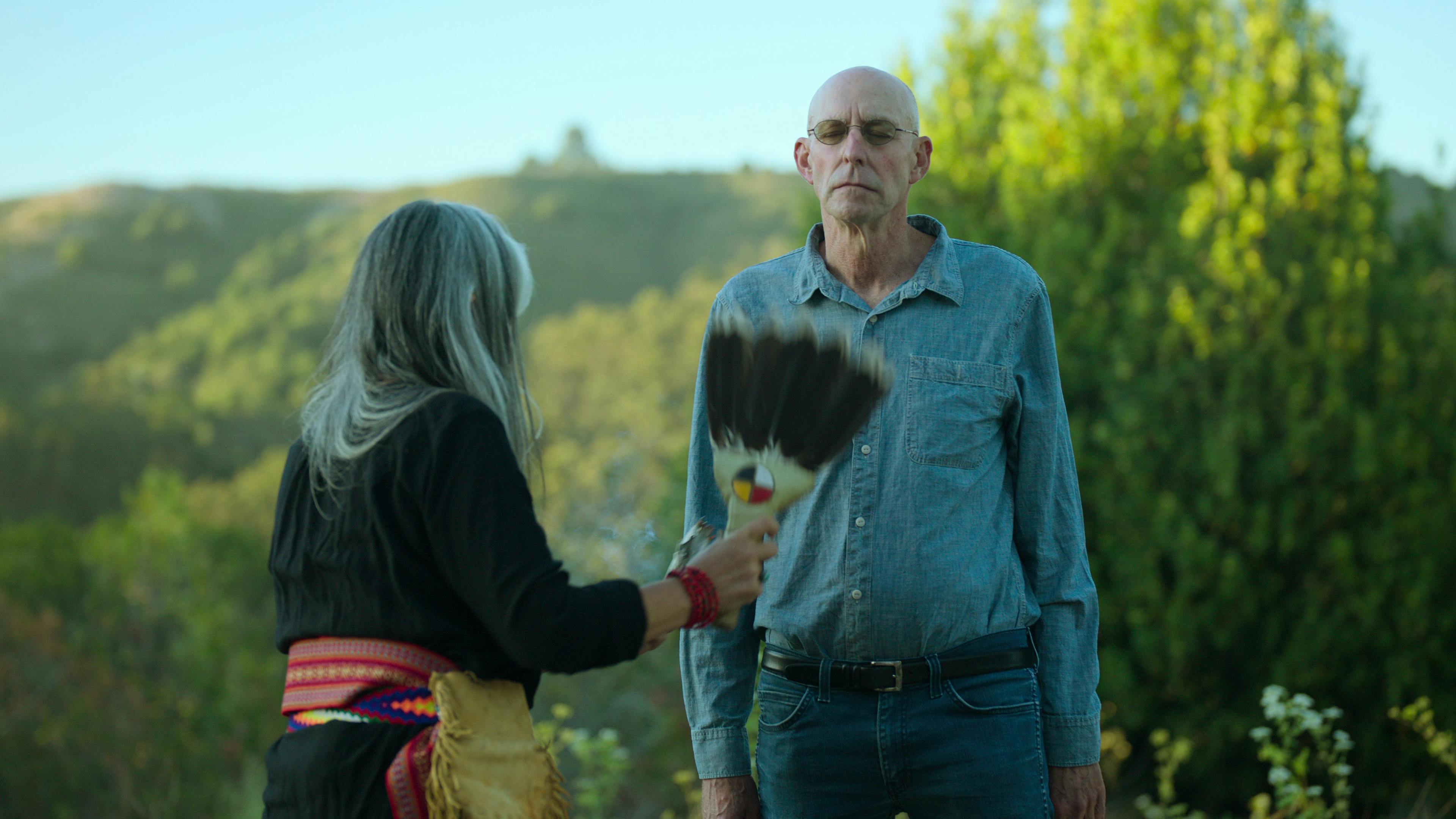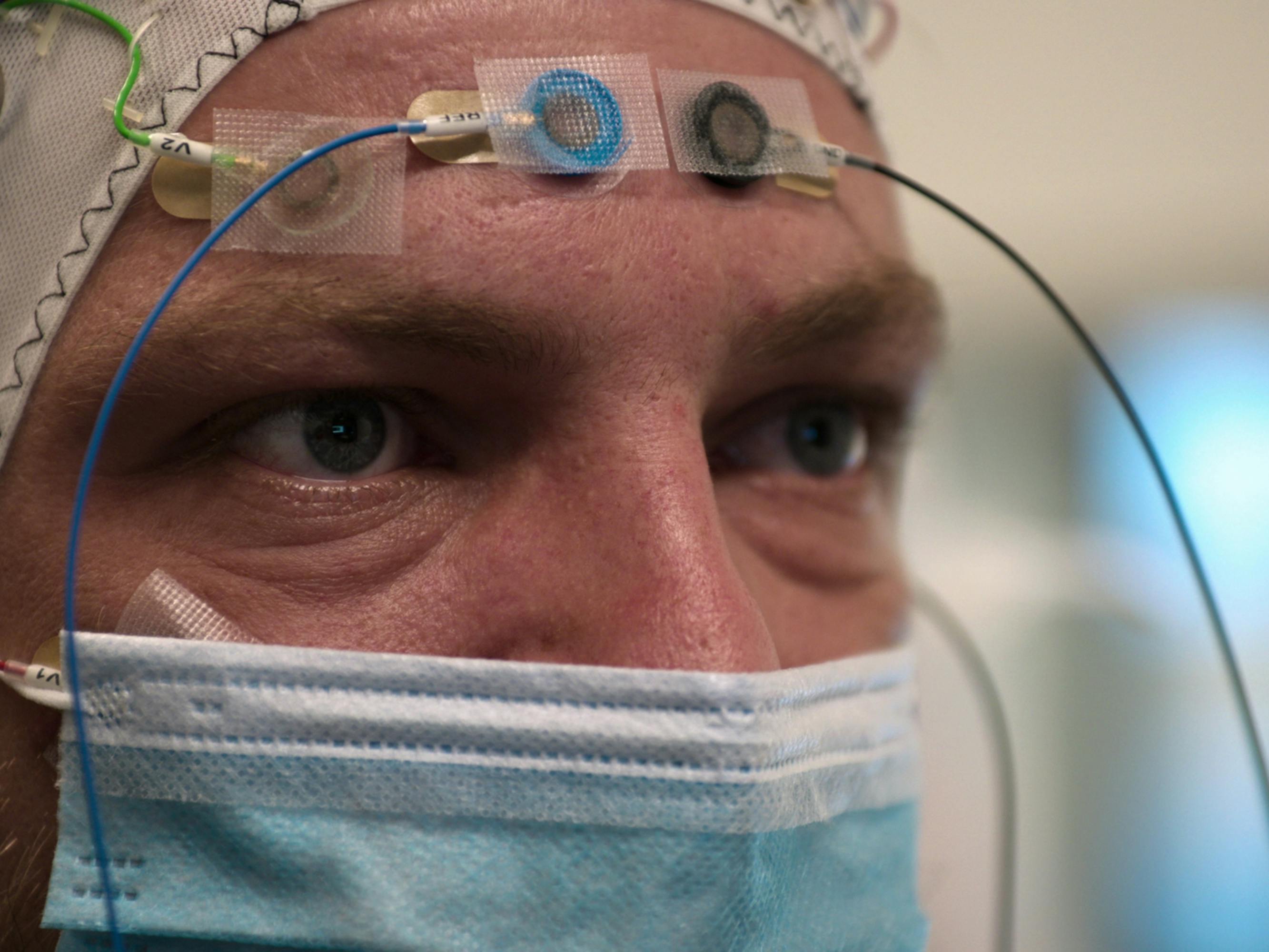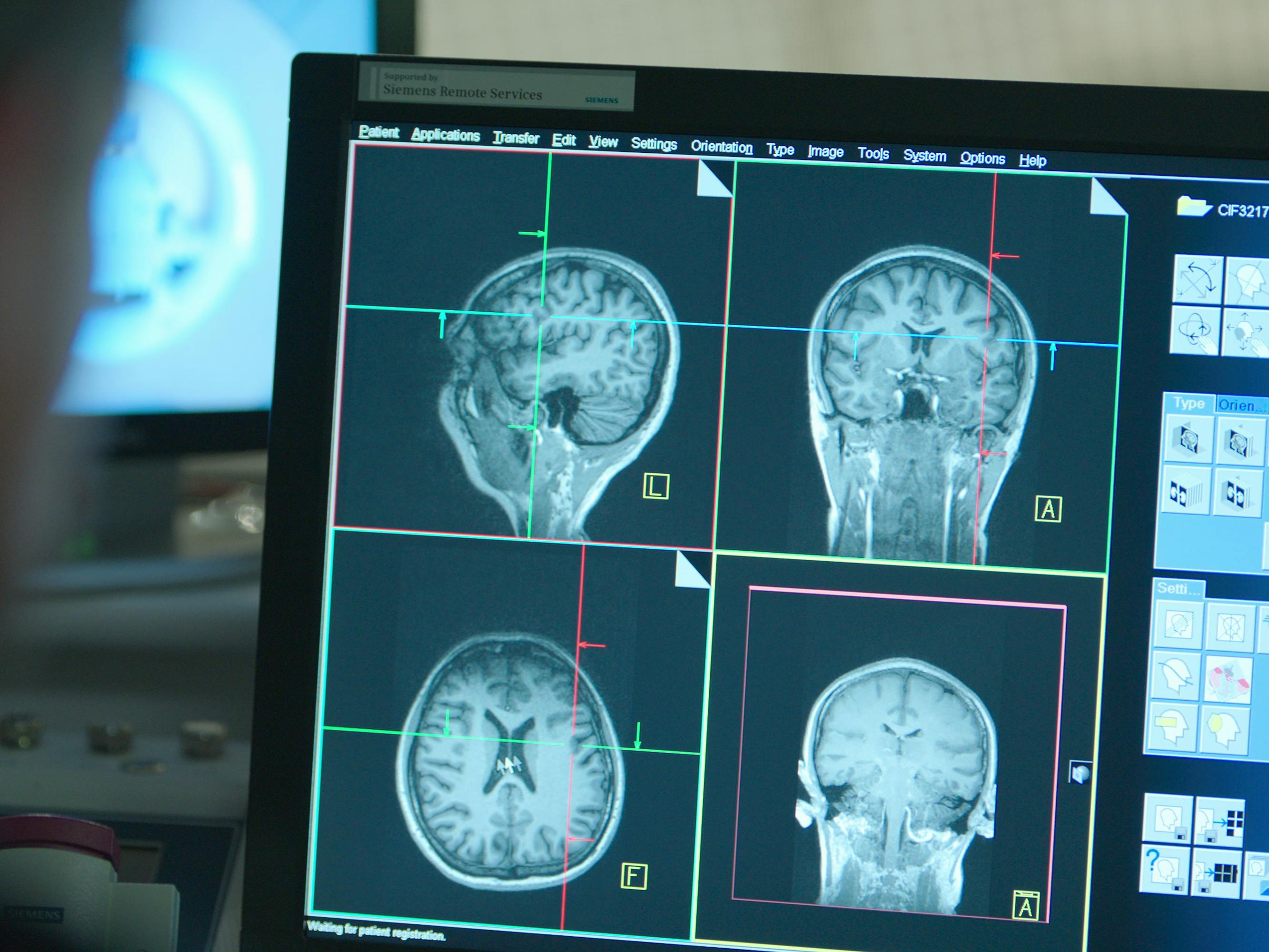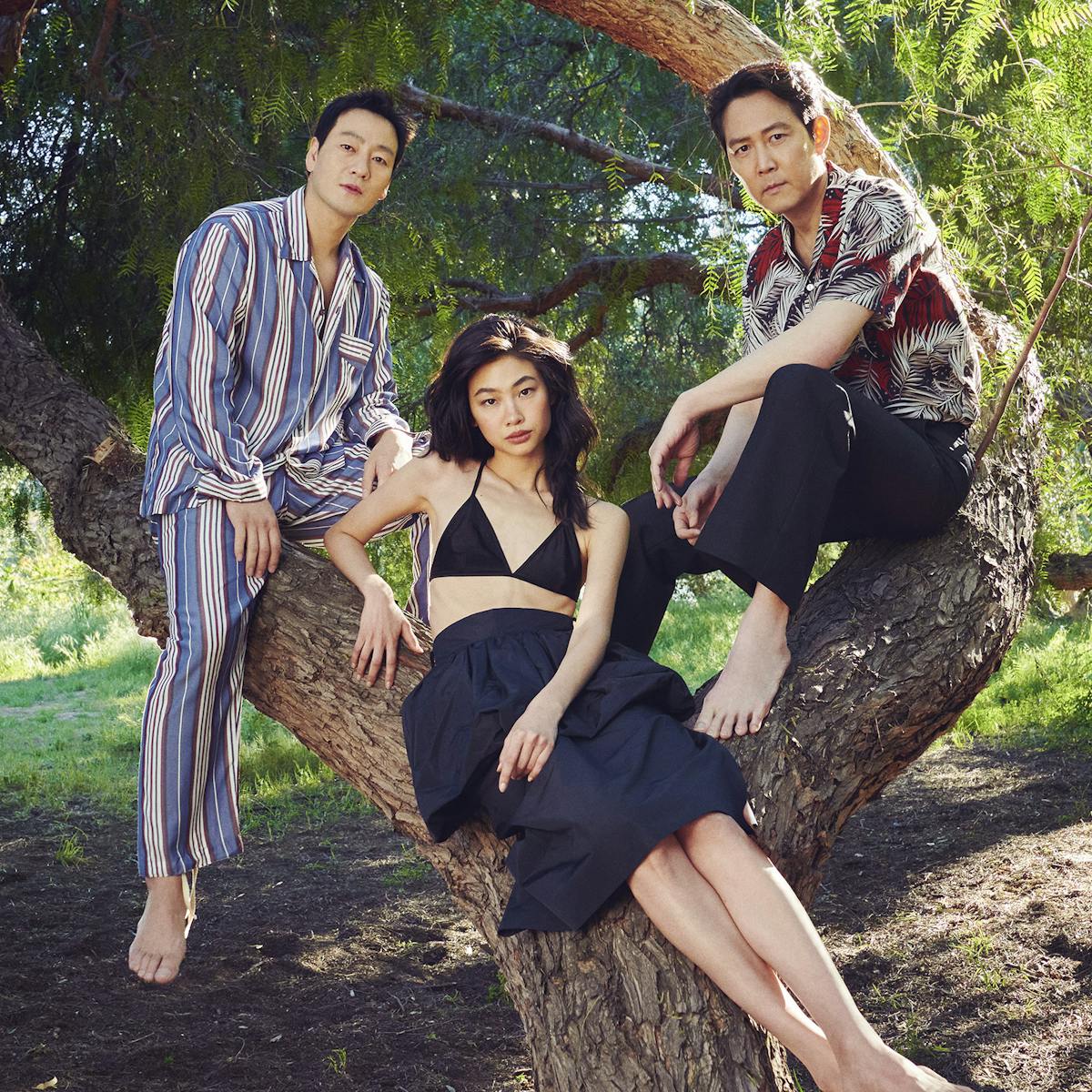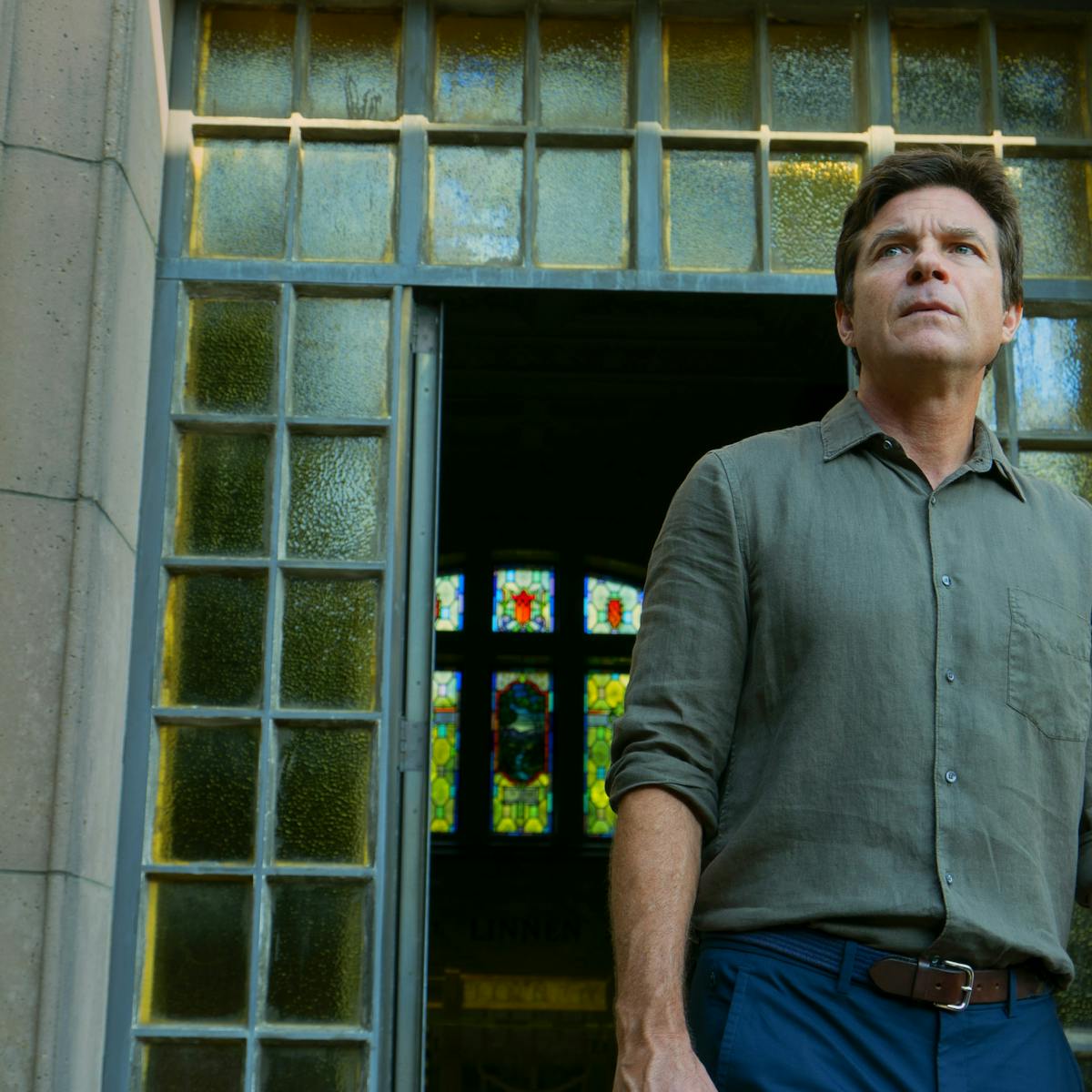The writer shares how curiosity and an open mind led him to study plant-based medicine.
Michael Pollan is a name that is synonymous with scholarly pursuits and well-researched studies about the sensuous undercurrent of our relationship to plants — see 2001’s The Botany of Desire: A Plant’s-Eye View of the World — and the politics enmeshed with the food that we eat — see The Omnivore’s Dilemma from 2006. And of late, Pollan is probably most widely known for mainstreaming psychedelics. With his 2018 New York Times bestseller, How to Change Your Mind: What the New Science of Psychedelics Teaches Us About Consciousness, Dying, Addiction, Depression, and Transcendence, Pollan has taken up the mantle of psychonaut, one who experiments with altered states of consciousness in search of enlightenment, ego death, and the bliss beyond.
His latest endeavor is one trip even further. How to Change Your Mind, is a four-part docuseries that takes a first-hand deep dive into L.S.D., M.D.M.A., psilocybin, and mescaline. Pollan’s curious exploration of the myriad uses and possibilities of psychedelic and plant-based medicine repositions the once-counterculture substances as the new frontier of mental health. The series recounts the experiences of the enthusiasts who use them, the psychologists and integration specialists who administer them, and the skeptics who have changed their minds about them.
For Queue, Pollan discussed the evolution of his journalistic undertaking, the familial connections that initially led him to psychedelic research, and what he hopes viewers will find on the other side of what might be a transformative trip.
Deidre Dyer: How to Change Your Mind documents a deeply spiritual, psychological journey through four psychedelics: L.S.D., psilocybin, M.D.M.A., and mescaline. How were you changed by creating this series?
Michael Pollan: In preparation for the book and the series, I had several psychedelic experiences, and they changed me in important ways. I had an experience that I describe as complete ego dissolution. I don’t think this is in the series, but I think it’s in the book. My sense of self completely exploded into a million post-it notes, and then was a pool of blue paint, and yet, I didn’t die. I didn’t have a self, but I was still conscious of what was going on around me. That taught me that we’re not identical with our ego, that the ego is one voice in your head, and you don’t necessarily have to obey it or let it jerk you around. So getting a little bit of distance on one’s ego, I think, is a really powerful thing, and that is something that psychedelics often do.
I think they also tend to make you a little more open to the mysteries of life than you were, and that certainly happened with me. If you asked Judith, my wife, she would say that she observed effects in terms of [me] becoming a more patient and open person. In the series, there’s some beautiful footage of Albert Hofmann’s trip [the Swiss chemist who discovered L.S.D.] and being in the garden after the climax, and capturing this sense that nature is more alive than you ever thought it was, that the plants in your garden are conscious. Also, that they’re returning your gaze. So, I think it has a powerful effect on how you look at the natural world. In fact, a paper just came out that suggests that after a single psychedelic experience, people are much more likely to attribute consciousness to plants, other species of animals, even inanimate objects and mushrooms, too. It’s very common to feel that nature is more imbued with spirit than you ever believed before. And that definitely happened to me. The world is less dead. It’s less inert. And that’s what I love about that sequence because the gargoyles are breathing, and the buildings are moving, and it’s an animist landscape suddenly.
It’s interesting that children tend to attribute consciousness to all sorts of things. Think about them with stuffed animals and other toys and how traditional cultures attribute consciousness to all. So this granting of consciousness to other beings is something that we unlearn with our rational, materialist, scientific education. Psychedelics are a kind of unlearning. You’re back to where you were.
In your research, you’ve done various studies and explorations and experiments and written about them. What was it like to have your psychedelic experiences captured on camera as opposed to being in private?
MP: The most powerful experience I had was filming the tobacco ceremony at the beginning of the first episode. To realize that the same substance that kills hundreds of thousands of people in a different context could be such a positive — could actually be a medicine — was a real lesson about how important context and intention are. Tobacco is a sacred plant in many cultures, but we in the West turned it into these evil and addictive cancer sticks. Of course, this was the only “psychedelic trip” we could film because it’s legal, and we weren’t going to film anything that wasn’t. I was just amazed at the speed it came on and the powerful sense I was purging emotion. You felt all these emotions flowing out of you, like weather systems. You feel emptied in the most wonderful way, but it’s also very physical. But for me to see that on screen is a bit cringeworthy. I mean, I can’t believe I did that. How did they persuade me to do that?
In a way, a tobacco trip, if we can call it that, is much more physically visible because you’re stamping your feet and your arms are moving wildly. There’s all this involuntary movement, which does not happen on psilocybin or L.S.D. where you can be very physically calm. So I felt like I was revealing something about myself on camera that I didn’t plan on. If there’s a sequence I’m nervous about, it’s that one.
There are so many older subjects in the series who are very at ease with psychedelics and the spiritual, psychological, emotional, and mental benefits of them.
MP: The conversation is changing. You can talk to more people about psychedelics than you could before my book was published. It is losing its stigma. My mom’s in her 90s, she reads my stuff and likes it, but I can’t imagine her entertaining the thought. Ditto, [with] my dad. He died of cancer while I was doing all of this research. It was one of the reasons I was so interested in cancer patients using psychedelics. By the time those possibility would’ve been a conversation between us, I just don’t think he was ready to go there. My father was already in his late 80s, and I have trouble imagining it. If he ever expressed curiosity, I would’ve talked to him about it and told him about the cancer patients who had gotten incredible benefits from using psychedelics. But I’ve always felt it’s not my place to suggest it to people, like, Oh, you have a cancer diagnosis. Hey, consider taking psilocybin. They have to come to me and ask me, and that never happened with him.
Across the U.S., psychedelics are being decriminalized or explored for therapeutic use, whether that’s through ketamine, M.D.M.A.-assisted therapy, or psilocybin therapy. It was kind of a running joke during the pandemic that microdosing shrooms became a big trend. What do you think this says about us as a society whether through sort of unofficial or official guided experiences that we’re ready to embrace what psychedelics have to offer?
MP: I think it’s a measure of a few things. This is a special case. The pandemic was a very claustrophobic period and psychedelics offered a door out of it, imaginatively. You couldn’t travel, but you could travel with a psychedelic. Your world was small, but you could enlarge it with a psychedelic. I had a very interesting experience experimenting with Mescaline. And it was an interesting way to deal with the limitations of our lives during that period and particularly poignant for that reason. Mescaline was interesting because I thought it would take me to another world, but it didn’t. It took me deeper into this world. It’s a very unusual substance in that there are very few hallucinations. It’s very much about the here and now, in my experience.
You focus on what is in front of you — a bowl of apricots or the knots in the wood walls of the room you’re in. You can just spend hours thinking about them and going deeper and deeper into what they mean. And it gives everything a sacramental quality so that you needed nothing else, even in the smallness of these rooms. You could fully satisfy your emotional and intellectual curiosity without going anywhere; that was a surprise.
To go to your question, the larger issue is that we’re struggling with a mental health crisis. I mean, it’s cliché to say it, but the facts are clear and there are many reasons for it. You have a generation confronting climate change and the world’s pretty fucked up — and so [we have] very high rates of anxiety and depression, high rates of suicide. The mental health establishment has very few tools and psychiatrists will admit this to you. S.S.R.I.s [selective serotonin reuptake inhibitors] are very limited in their usefulness. They help some people, but more than half they don’t help and over time their effects fade, and people hate the side effects of taking them. So we are looking for a new way to deal with these challenges.
The fact that the psychiatric and psychological establishment has been very open surprised me. But the reason is because of desperation really. I mean, there is potentially a revolution in mental health here and we still need more studies, but they’re coming and this is going to be real in just a few years. For M.D.M.A., it’s going to be [legal] in two years. In Oregon next year, you’re going to be able to get guided psilocybin therapy. Unless the federal government decides to shut it down, [and] I don’t think that they will. When I wrote the book, this all seemed many years away, and suddenly it’s here. Colorado is about to vote this fall, and they will legalize and decriminalize all plant medicines. So this is going to be a real option for people, and eventually it’ll be covered by health insurance, too. Because one of the concerns now is it’s expensive and therefore quite elite, but it may not be once it’s approved by the F.D.A.
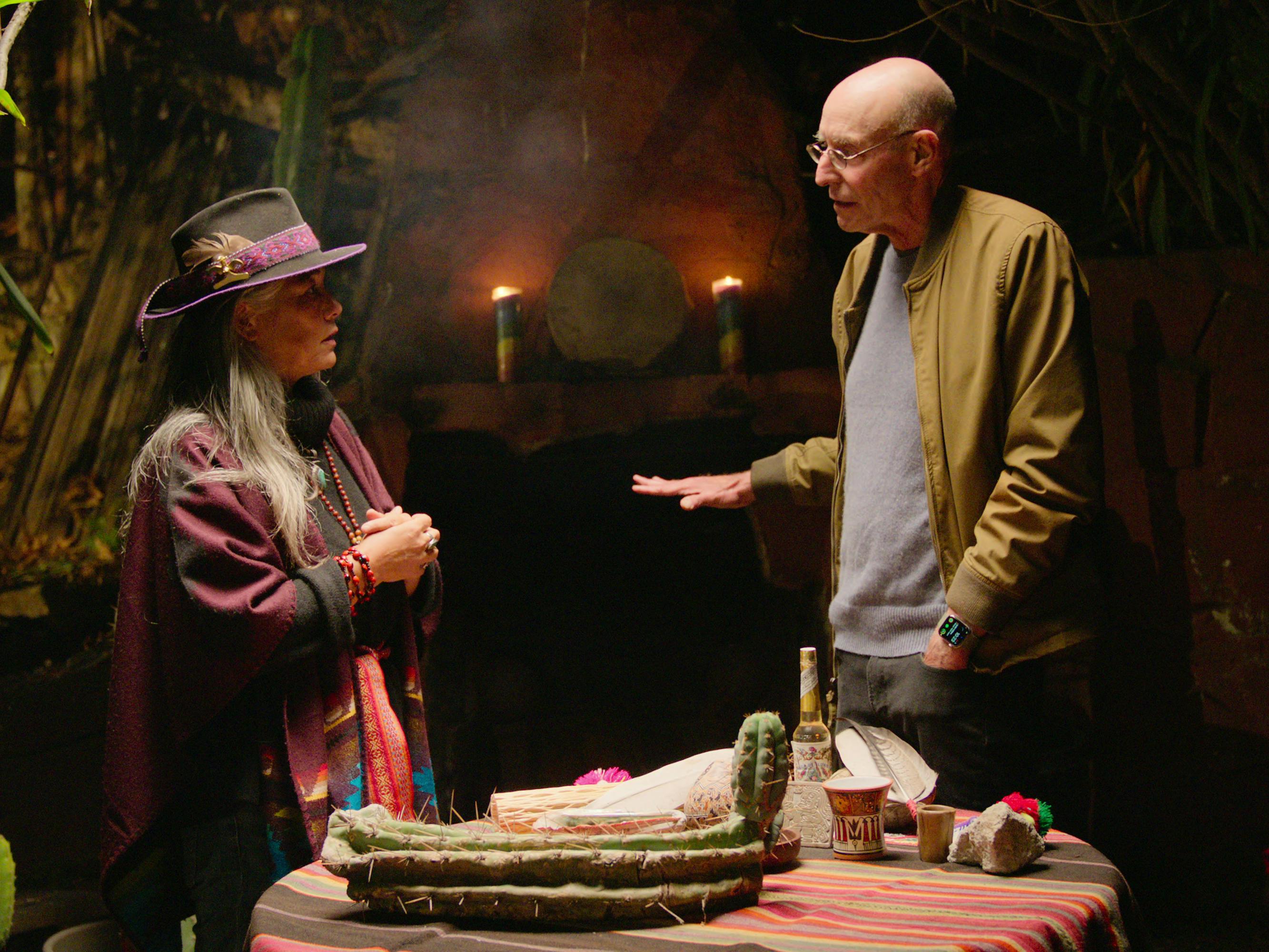
Erika Gagnon and Michael Pollan
I feel like just thinking of when the book How to Change Your Mind initially came out to now, it’s seemingly leaps and bounds of progress.
MP: It’s astonishing how fast change is coming. The legitimacy of the topic, the people willing to talk about it. I mean, there are people in Congress now who are willing. Cory Booker sent a letter to the National Institutes of Health saying, Why aren’t you studying this more? There are a handful of people in Congress who are openly supporting this research. And so what was taboo is very quickly changing into something acceptable.
Your written work has progressed from food and food culture, to plants, to now plant medicine and psychedelics. Have you always thought that your work would lead you here or did its progression surprise you?
MP: It did surprise me. By mentioning plants, you’re pointing to what was really a common denominator in all my work — plants. I wrote a book called The Botany of Desire, which is very much about our relationship with plants. And one dimension of that relationship is certainly, we eat them and that’s very important. But another dimension of our relationship with plants is using them as medicine and using them specifically to change consciousness. In that book, there was a chapter on cannabis. So food and drugs, both coexisted happily under the umbrella of The Botany of Desire, but I never thought I’d write a whole book about psychedelics. I thought it was a really right-angled turn in some ways. There was some concern that readers would not follow me from food to psychedelics, but it turns out that both are about health — physical health and mental health, but of course they’re deeply intertwined. And both are about our relationship to the natural world.
I think that there are people who see me as a credible voice on questions of their health even though I have no expertise, or credentials. So if I was a trusted voice on what you should eat, I might be, I guess, a trusted voice on these other uses of plants. I think it was also the fact that I was older and I was skeptical about getting interested in psychedelics. Most of the books and films that have been done on psychedelics are incredibly unskeptical — they’re just written by proponents. But I took a journalistic approach and I was skeptical at the start, wondering, Is this for real? I’m gathering the evidence. So I think I was a good surrogate for people who were curious but not committed to exploring this. I really like to take readers and viewers on a journey of discovery rather than lecture them. So on page one, at the beginning of anything I do, I’m kind of an idiot who has more questions than answers, and then we go off together to learn the answers.
I guess it is in the title literally, How to Change Your Mind — how to approach this with a level of curiosity and how to come to that conclusion for yourself. What do you want viewers to walk away with after watching this series?
MP: I want to complicate their understanding of their own minds. I hope that after you watch this series, you realize that there’s more going on than you thought, and that there are more doorways into the mind than you knew. The possibility for transformation is much greater than people realize.
As adults, we tend to think we’re kind of stuck in whatever ruts we’re in and that we have these well-worn grooves, and they may serve us well, or they may be very destructive as in the case of an addiction, or O.C.D., or trauma, where we’re playing the same tapes over and over again. And we get stuck in loops of rumination. What the experiences of the people you meet in the series tell you is that you’re not stuck. You can get nudged out of those grooves and create new patterns and new habits for yourself. I think that’s an incredibly hopeful message.
I think that people struggling with mental health — I’m not talking about schizophrenia, but things like depression, anxiety, anxiety, addiction, O.C.D. — all of these disorders are characterized by the same stuck-ness, the same inability to change the channel and rewrite your narrative. And that when you watch these people having M.D.M.A. therapy or psilocybin therapy, you’re seeing people who, with this tool, are able to rewrite the narrative of their lives. That’s huge. And it’s the most hopeful thing I can think of. That’s what drew me to the subject. I think that’s what people will leave with; they’ll leave with a new sense of possibility.
Watch How to Change Your Mind on Netflix. Michael Pollan’s latest book, This Is Your Mind On Plants, is available now in paperback.
